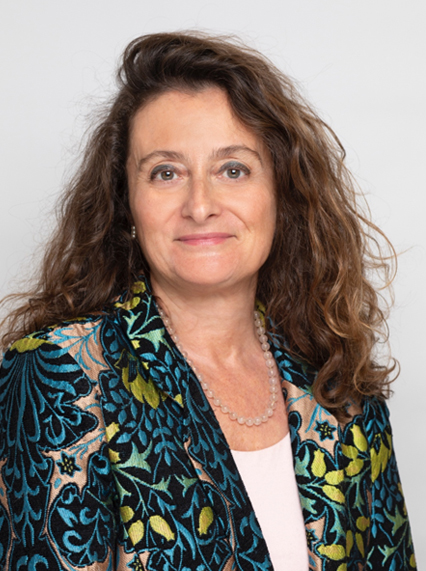
Paola Barbarino, Chief Executive Officer, Alzheimer’s Disease International (ADI)
Paola is CEO of Alzheimer’s Disease International. Prior to this, she was CEO of LIFE and occupied senior positions with Cass Business School, Tate, British Library and IIED. She is a Board Member of the World Dementia Council, a Trustee of The Postal Museum and of Lauderdale House. Previously she was a Non-Executive Director of the Non-Communicable Disease Alliance (NCDA), a Trustee of Shelter, the housing/homelessness charity, and of MLA London. She holds a degree cum laude in Classics from Federico II Napoli University, an MA in Field and Analytical Techniques in Archaeology and an MA in Library and Information Science both from University College London.
Paola leads on all aspects of ADI’s work. Together with the Board, Paola ensures our strategy is implemented and resourced. Paola is ADI’s main spokesperson and represents the organisation internationally.
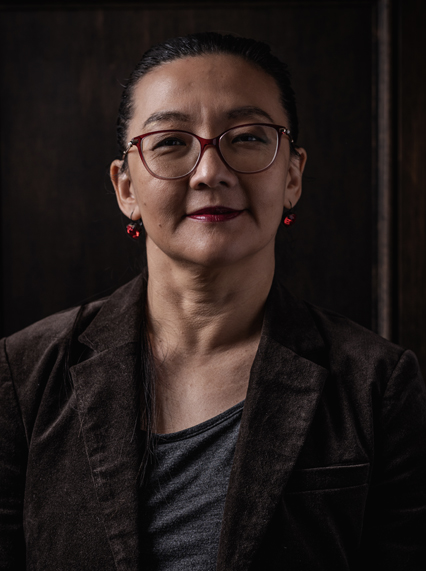
Lee-Fay Low, Professor, University of Sydney
Lee-Fay Low (BSc Psych (Hons), PhD) is Professor in Ageing and Health, University of Sydney. She is a registered psychologist with a PhD in psychiatric epidemiology.
Prof Low conducts research that she hopes will make a difference in the world.
Her knowledge expertise is in rehabilitation and post-diagnostic support for people with dementia, timely diagnosis of dementia, stigma and dementia literacy, community and aged care and people from culturally and linguistically diverse backgrounds. She has methodological skills in the design of complex interventions, implementation methods, population studies, systematic reviews and clustered randomised trials.
She has authored over 180 peer-reviewed articles, and three books on dementia. She is an active advocate for improving how older people are included and treated. Lee-Fay is enthusiastic about research, and even admits to liking statistics.
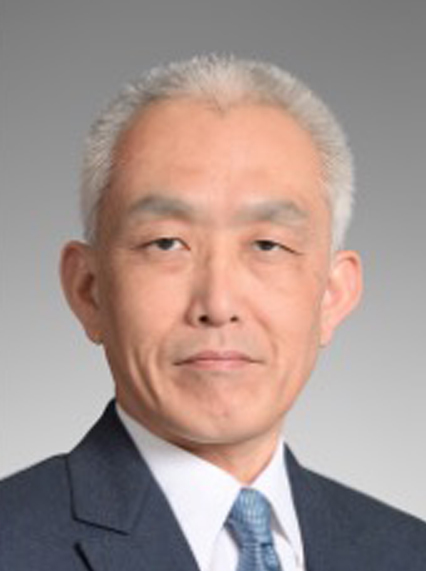
Atsushi Iwata, Tokyo Health and Longevity Medical Center
Dr. Iwata received his medical degree from the University of Tokyo. After medical training and neurology residency at several hospitals he became certified neurologist of Japanese society of Neurology. He then entered graduate school of medicine at the University of Tokyo. His thesis was “Role of alpha-synuclein in pathogenesis of multiple system atrophy”. After receiving Ph.D., he moved to Stanford University to study autophagy and protein aggregation as a pos-doc. He continued post-doctoral training back in the University of Tokyo and started his own laboratory from the year 2008.
Now a Lecturer and Director of outpatient clinic at the University of Tokyo Hospital, he serves as a general neurologist as well as behavioral neurologist at the memory clinic. He is also conducting early detection of memory disorders in the medical check-up unit and conducting various clinical studies on Alzheimer’s disease at the University of Tokyo hospital. His current research aims to elucidate pathomechanisms of sporadic neurodegenerative disorders through epigenetics and molecular biology. He is also involved in various clinical studies on Alzheimer’s disease and serving as a scientific board member for various pharmaceutical industries.
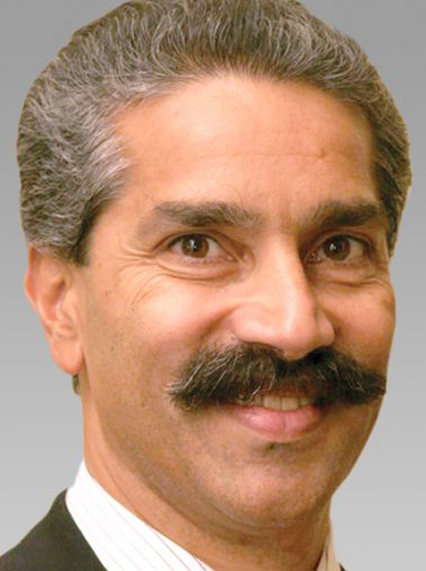
Sangram Sisodia, Professor, University of Chicago
Dr. Sisodia’s research has focused on understanding the cellular and molecular biology of the amyloid precursor protein (APP) and presenilins (PS1 and PS2), polypeptides that are mutated in pedigrees with familial Alzheimer's Disease (FAD). His most notable contributions include the generation and characterization of mouse models that exhibit amyloid plaques in the brain. These models have been invaluable for understanding the impact of environmental enrichment and exercise in modulating amyloid deposition and adult neurogenesis. More recent studies have focused on the impact of the microbiome on modulation of Ab amyloidosis in mouse models. He has published 185 peer-reviewed manuscripts.
Dr. Sisodia has received several awards, including: the Potamkin Prize for Alzheimer's Disease Research from the American Academy of Neurology and the Metropolitan Life Foundation Award for Medical Research. He was inducted as a Fellow of AAAS, and Foreign Fellow of the National Academy of Sciences, India and the Spanish Royal Academy of Sciences.
He has also organized, or co-organized several Adler Symposia on Alzheimer’s Disease at the Salk Institute, two Keystone Symposia, and was the co-director of the Cold Spring Harbor Neurobiology of Disease course. Dr.Sisodia has served on the Editorial Boards of eight journals, including Neuron and Cell, and is a member of the Dana Alliance for Brain Initiatives.

Jinzhou Tian, Academician, Dongzhimen Hospital, Beijing University of Chinese Medicine
Jinzhou Tian, M.D. in Clinical Medicine (China), and Ph.D. in Neuropathology (United Kingdom), Visiting Scholar in Neuropsychology (United Kingdom), Visiting Scholar in Geriatric Psychiatry (United Kingdom). He is currently an academician of the Chinese Academy of Engineering, a member of the Faculty of the Chinese Academy of Medical Sciences, and also a member of the Faculty of the China Academy of Chinese Medical Sciences, the chief physician and professor of the Department of Neurology, Dongzhimen Hospital of Beijing University of Chinese Medicine, a national veteran specialist in Neurology of Integrated Chinese and Western Medicine.
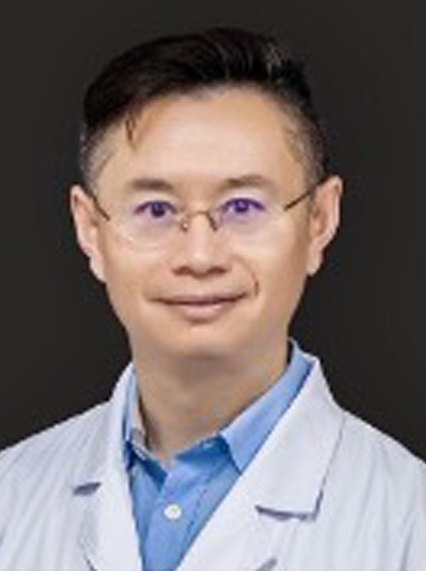
Xin Yu, Professor, Peking University Institute of Mental Health, WHO/Beijing Collaboration Center for Training and Research in Mental Health
Dr. Yu Xin, Chief Physician, Professor, and Ph.D. Supervisor, currently holds a significant position at Peking University Sixth Hospital (Peking University Institute of Mental Health, WHO/Beijing Collaboration Center for Training and Research in Mental Health). He has made outstanding contributions in the fields of clinical care, teaching, and research in geriatric mental health. Dr. Yu studied at the Peking University Health Science Center from 1982 to 1988 and obtained his Ph.D. in Clinical Medicine from Peking University in June 2000. His academic background is extensive, having completed advanced studies in Geriatric Psychiatry at the University of Melbourne, in Substance Dependence at the Johns Hopkins University Bloomberg School of Public Health, and in Mental Health Policy at the Department of Social Medicine, Harvard Medical School.
Dr. Yu’s areas of expertise include the diagnosis and treatment of geriatric dementia, geriatric psychosis, and geriatric depression. He has also conducted corresponding research in these areas, and his studies have extended into substance and alcohol dependence and early intervention in psychosis. He has received numerous grants, including from the Ministry of Science and Technology's Key Research Program, the Ministry of Education's ""985"" Project, the Ministry of Science and Technology’s Support Program, the National Institute of Mental Health (NIMH), and the ""211"" Project. Dr. Yu has undertaken extensive research on Alzheimer's disease, late-life schizophrenia, early intervention in psychosis, and neurocognitive impairment related to HIV/AIDS.

DY Suharya (The ADI Asia Pacific Regional Office)
DY works from Indonesia, as the Regional Director of the Asia Pacific regional office, to foster collaboration among members, strengthening their capabilities and reaching out to non-member countries. She is also Founder of Alzheimer Indonesia, an NGO that works toward greater Dementia Alzheimer awareness and risk reduction in Indonesia.
DY holds a Master of Public Health (MPH) from Curtin University Perth, Australia, a Bachelor of Arts in Communication from Ohio State University, USA and a Diploma in English Literature from the University of Indonesia.
DY has more than 20 years of experience in public health, public private partnerships and communication, in the past, DY has worked as a Health Communication Consultant with the World Bank, WHO and UNICEF. DY’s mother was diagnosed with Vascular Dementia in 2009 and has been her source of inspiration in improving the quality life of people with dementia, caregivers and inter-generations since 2013. Her mother passed away in April 2017 but her legacy continues.